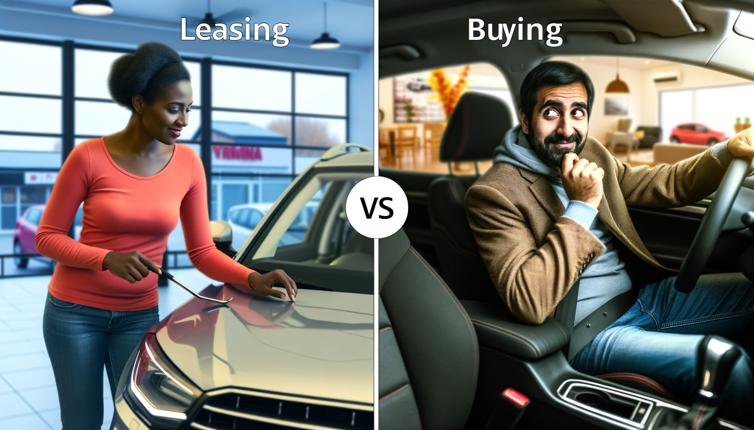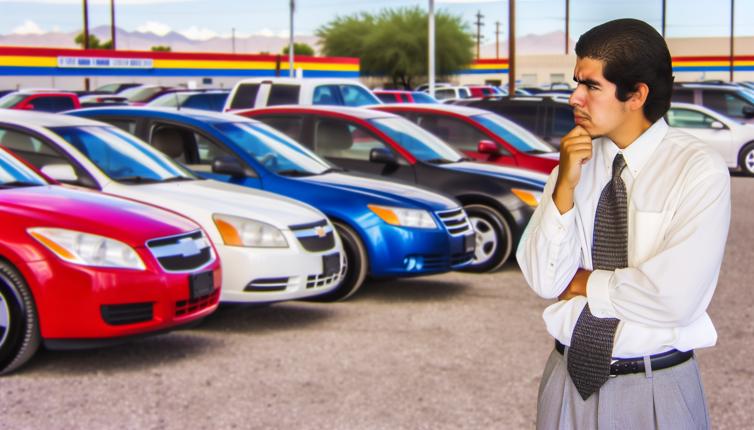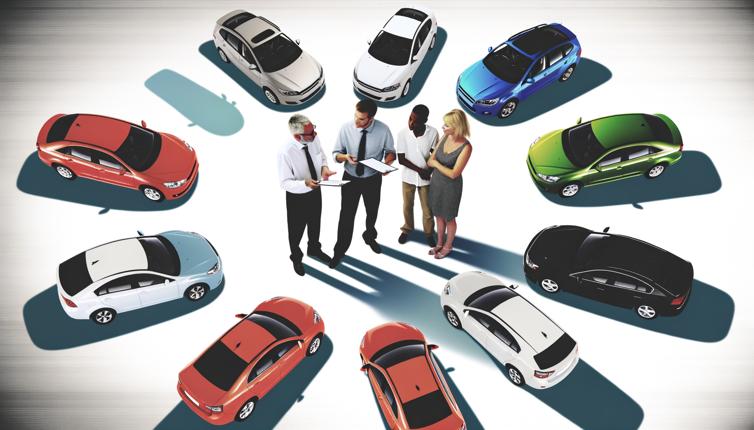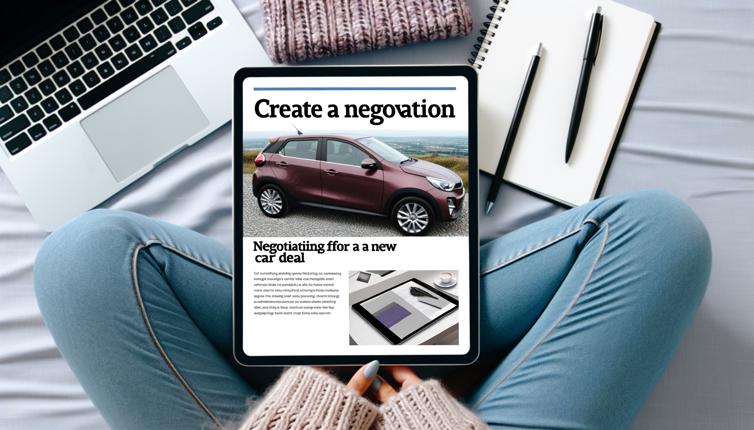Leasing a Car
Leasing a car involves renting a vehicle for a specific period of time, typically 2 to 4 years, and making monthly lease payments.,One of the major advantages of leasing is that you can often get a newer and more expensive car for a lower monthly payment compared to buying.,Leasing also allows you to avoid the hassle of selling the car when you want to upgrade, as you can simply return the leased vehicle at the end of the lease term.,Another benefit of leasing is that it may offer tax advantages for business owners, as lease payments can often be deducted as a business expense.,However, there are also some downsides to leasing. One of the biggest drawbacks is that you do not own the car and do not have any equity in it. This means that you do not have the option to sell the car if you need extra cash or want to upgrade to a different vehicle.,Leasing also comes with mileage restrictions, typically around 12,000 to 15,000 miles per year. If you exceed the mileage limit, you may have to pay additional fees.,Additionally, leasing a car means that you are locked into a contract for a specific period of time. If you want to end the lease early, there may be costly early termination fees.,Overall, leasing a car can be a good option for those who want a new car with lower monthly payments and do not mind not owning the vehicle.
Buying a Car
Buying a car involves purchasing the vehicle either outright with cash or financing it through a loan.,One of the main advantages of buying a car is that you own the vehicle and can do whatever you want with it. You can modify it, sell it, or keep it for as long as you like.,Buying also allows you to build equity in the car, meaning that you can sell it in the future and potentially recoup some of your initial investment.,Another benefit of buying is that there are no mileage restrictions or penalties for excess mileage.,However, buying a car does come with some downsides. One of the biggest disadvantages is that buying typically requires a larger upfront payment compared to leasing. This can be a significant barrier for those who do not have a large amount of cash on hand.,Buying a car also means taking on the responsibility of maintenance and repair costs, which can be expensive, especially for older vehicles.,Additionally, the value of a car depreciates over time, meaning that the asset you own will decrease in value. This depreciation can be a disadvantage if you decide to sell the car in the future.,In conclusion, buying a car can be a good option for those who value ownership and want more flexibility with their vehicle. However, it requires a larger upfront payment and comes with the responsibility of maintenance and depreciation. Leasing, on the other hand, offers lower monthly payments and the ability to upgrade to a new car every few years, but you do not own the vehicle and have mileage restrictions. The choice between leasing and buying depends on your personal preferences and financial situation.
Conclusion
In summary, the decision to lease or buy a car depends on your individual needs and preferences. Leasing can be a good option for those who want a new car with lower monthly payments and do not mind not owning the vehicle. Buying, on the other hand, offers ownership, flexibility, and the ability to build equity in the car. Consider your budget, long-term plans, and lifestyle before making a decision. It may also be helpful to consult with a financial advisor or car expert to ensure you make the best choice for your situation.









